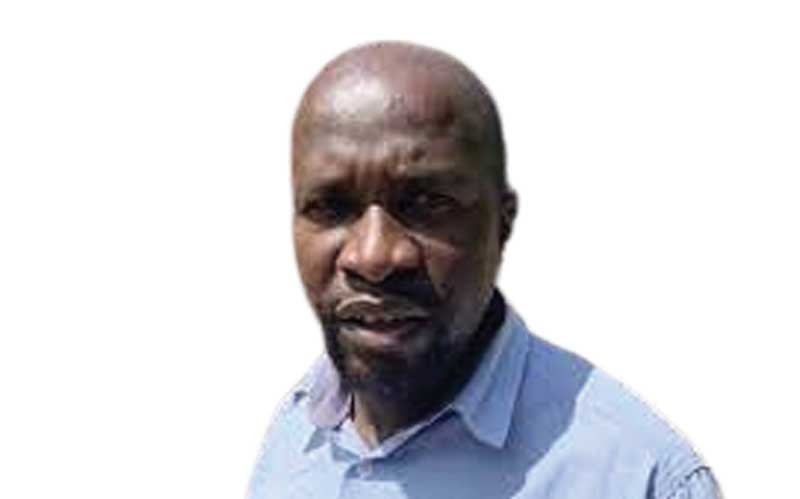
Ibhetshu LikaZulu, a Matabeleland based human rights’ watchdog, has sent an SOS for funds needed for installation of memoralisation plaques at unmarked mass graves where Gukurahundi victims are buried.
The watchdog, which has been on the forefront of demanding justice and truth telling as way of addressing the Gukurahundi issue, said it is working with communities to identify some of the unmarked graves.
Remains of the Gukurahundi victims continue to be uncovered in some parts of Matabeleland, especially in Lupane and Maphisa which bore the brunt of the 1980’s mass killings.
The pressure group has in the past erected plaques at some of the graves, but these have been destroyed by suspected Zanu PF activists and state security agents.
Ibhetshu LikaZulu has also been memoralising suspected Gukurahundi torture camps.
Ibhetshu LikaZulu co-ordinator Mbuso Fuzwayo said plaques will be erected in different communities that were affected by the genocide.
“We plan to go to some communities that were affected by the Gukurahundi killings that need marking and will continue erecting plaques as we have been doing,” Fuzwayo told Southern Eye Sunday.
On June 28, the group erected a memorial plaque on a mass grave where six people were allegedly killed by the Fifth Brigade in Salankomo village, Tsholotsho, in 1983.
- Abducted tourists remembered
- Uproar over census figures
- Abducted tourists remembered
- Uproar over census figures
Keep Reading
Fuzwayo said the Gukurahundi plaques were for memorialisation to ensure that the country’s dark past is not forgotten.
“We have worked with different communities in Matabeleland North, South and Midlands in erecting plaques and we plan to continue erecting them,” he said.
“We are also having a plaque fundraising campaign in January.”
The pressure group held a similar event this year after the destruction of memorial plaques in Silobela, Matabeleland North.
He said they usually get donations from well-wishers and other stakeholders, who share the organisation’s drive for redress and compensation for the victims.
“Those who were affected by the genocide are the ones erecting plaques and this will assist in having them feel that there's someone listening to their story,” Fuzwayo added.
“The government must help communities with the resources to build memorial halls and plaques as a healing and memorialisation process.
“Perpetrators of the genocide should not also destroy what the communities are trying to build concerning plaques.”
Late former president Robert Mugabe, then prime minister, unleashed a North Korean trained Fifth Brigade to crack on suspected dissidents in Midlands and Matabeleland, resulting in the death of about 20 000 defenceless civilians.
The majority of the victims were Zapu supporters and Zpra ex-combatants.
The massacres only ended with the signing of the Unity Accord between PF Zapu and Zanu.
President Emmerson Mnangagwa, who was State Security minister during the progrom, has promised to address the atrocities but many in the region doubt his sincerity.






